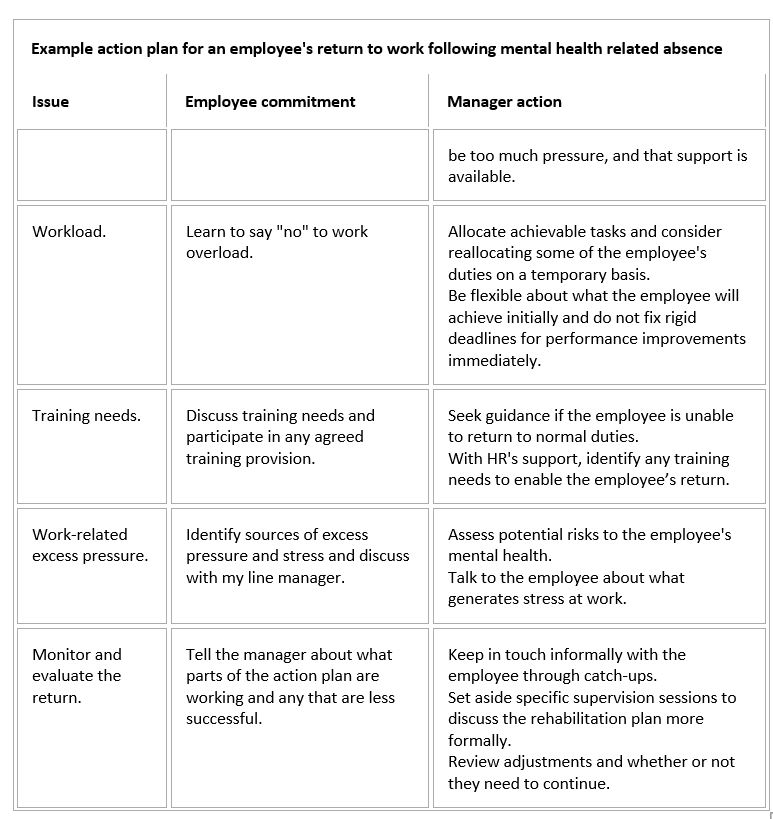On 4 March 2020, the Prime Minister announced in Parliament that the Government will introduce, as part of its emergency coronavirus legislation, measures to allow statutory sick pay to be paid from the first day of sickness, rather than after three waiting days. The Government intends to apply this measure retrospectively from 13 March 2020.
The Government announced further measures in the Budget 2020 on 11 March 2020, namely that:
- entitlement to statutory sick pay will temporarily extend to those who:
- are unable to work because they have been advised to self-isolate, even if they do not have symptoms in effect from 13 March 2020 or
- are caring for others in the same household who are displaying coronavirus symptoms and have been told to self-isolate
- employers with fewer than 250 employees on 28 February 2020 will be refunded two weeks’ eligible statutory sick pay costs related to coronavirus, per employee
- employers will have to keep sickness records but employees should not be required to provide a fit note
- the Government will introduce an alternative to the fit note, whereby employees who are advised to self-isolate will be able to get a notification from NHS 111 that can be used as evidence for their absence during the coronavirus outbreak
- the Government will set up a process for repaying statutory sick pay as soon as possible.
Evidence of Sickness
Current government guidance is that, to prevent the spread of coronavirus, individuals with flu-like symptoms should obtain medical advice from NHS 111 online and should not go to see their GP.
Most sickness absence policies allow for employees to self-certify absences of up to seven days. Where an employee who is absent for more than seven days advises that they have flu-like symptoms, the employer will need to make an exception to its normal requirement for medical evidence. Nevertheless, the employer should take all reasonable steps to verify the sickness absence. This could include requiring the employee to make regular telephone contact, and requiring the employee to explain what medical advice they have sought and followed. The employee could be asked to provide evidence where possible, but employers should act reasonably in what they require from employees in the circumstances.
In the Budget 2020, on 11 March 2020, the Chancellor announced that employees who are advised to self-isolate to prevent the spread of coronavirus will ‘soon’ be able to obtain an alternative to the fit note from the NHS 111 service.
For the purposes of determining eligibility for statutory sick pay, employers are able to set their own rules on what evidence they reasonably require of employees’ illness. Legislation does not require that the evidence is in the form of a fit note.
Rate of Statutory Sick Pay
When in force, the Social Security Benefits Up-rating Order 2020 (still in draft form) will increase the weekly rate of statutory sick pay from £94.25 to £95.85 from 6 April 2020. The lower earnings limit for national insurance purposes will increase from £118 to £120 per week from 6 April 2020.
Qualifying days are days on which the employee would usually be required to work. Employers and employees can agree between themselves what days should be qualifying days, as long as each week has at least one qualifying day. Qualifying days should not be defined by reference to the days on which the employee has been sick.
Many employers define qualifying days as the same days the employee is expected to perform work under the contract of employment. Then the first three normal working days of sickness are qualifying days, but they do not attract payment of statutory sick pay.
If you need advice any further advice regarding your staff and Statutory Sick Pay, please do get in touch. Call me on 0118 940 3032 or click here to email me.

